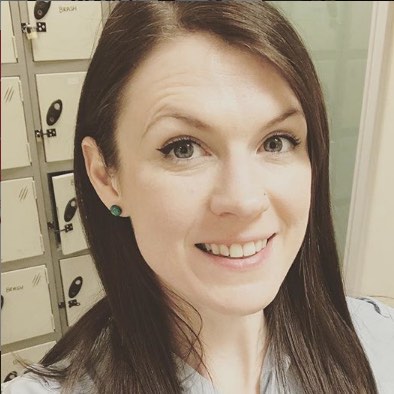- 07 December 2022
- 23 min read
A Nurses' Guide To Transgender & Non-Binary Healthcare
SubscribeClaire Carmichael talks articulately about her passion for transgender health, providing an invaluable and comprehensive guide for nursing professionals through her own self-led research and personal story.
My Passion For Transgender Healthcare
Hi everyone, my name is Claire Carmichael.
I'm a registered Nurse, and today's vlog is all about transgender health.
Firstly, why am I so passionate about transgender healthcare?
This is something I am very passionate about, which you will probably see throughout this vlog.
But I first fell in love with transgender healthcare as a GP Nurse.
My First Transgender Patient
So I started off, anybody that knows me, I started off as a GP Nurse in January 2020.
And it was there when I had my first transgender patient for the hormones.
And I suddenly realised that I'd never had any transgender patients. I've never given hormone injections to transgender patients.
I've never had any training, education, nothing on this.
So I dug a little bit deeper and I went to my GP partner at the time, the GP manager as well, and asked for specific training on transgender healthcare, specifically the hormones I'm giving, what it does to the body, endocrine sort of things because it works on the endocrine system.
And I was just referred to an LGBT webinar, very basic.
It wasn't what I needed, it's not what I really wanted.







About this contributor
Registered Nurse
I am a Registered Nurse with over 12 years healthcare experience including: elderly care, orthopaedics, sexual health / family planning, qualified GP nurse, transgender healthcare and now in my new role as an assistant lecturer (as of Nov 2022). I believe that nursing gets a lot of bad press, so I create blogs and vlogs to help anyone considering their nursing career and to create positivity surrounding our profession as I'm so passionate about nursing.
More by this contributorWant to get involved in the discussion?
Log In Subscribe to commentNick Dowling
Nick Dowling
one year agoSuper helpful video Claire, it will change my practice :-)
Super helpful video Claire, it will change my practice :-)
read less